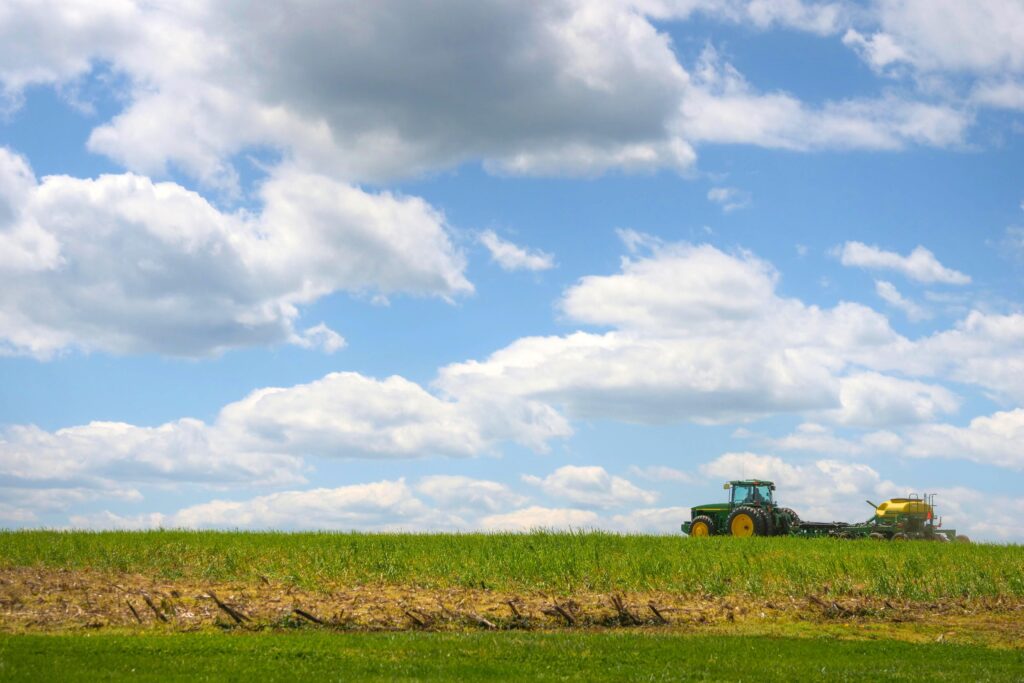
Exploring how the Land Use and Water Quality Relationship
Project Summary: Tennessee’s economic and population growth has driven significant farmland and forest loss. The state ranks third nationally in conversion to residential, commercial, and industrial uses, losing an average of 86,588 acres annually. While urban sprawl places pressure on rural infrastructure and threatens the state’s agricultural and forestry industries, it could also have severe implications for water quality. This study examines the spatial and temporal relationships between land use change and water quality in Tennessee. Our approach leverages panel data to empirically estimate the impact of agricultural land loss and urban expansion on water quality. The findings of this study will provide critical insights for rural communities navigating urban expansion, offering guidance on how land conversion affects water quality and the potential costs of water treatment. Additionally, our results will support evidence-based watershed management strategies to mitigate the environmental consequences of rapid land use change.

Assessing the Influence of Cover Crop Adoption on Farmland Values in Tennessee
Project Summary: The main objective of this project is to evaluate the economic benefits of cover crop adoption on farmland values in Tennessee, addressing a critical gap in empirical research on soil conservation practices. Agricultural land values are influenced by soil conditions and fertility, which directly affect productivity and income potential. While cover crops are recognized for enhancing soil health and mitigating erosion, their financial impact on land values remains underexplored. Using high-resolution data from the Operational Tillage Information System (OpTIS) and Tennessee property assessments (2015–2022), the project applies spatial econometric techniques and hedonic pricing models to examine whether cover crops contribute to long-term increases in farmland values and how these benefits vary across different regions, soil types, and land use pressures unique to Tennessee. The findings will provide empirical evidence on whether the environmental benefits of cover cropping are capitalized into farmland values, offering essential insights for policymakers, lenders, and landowners.